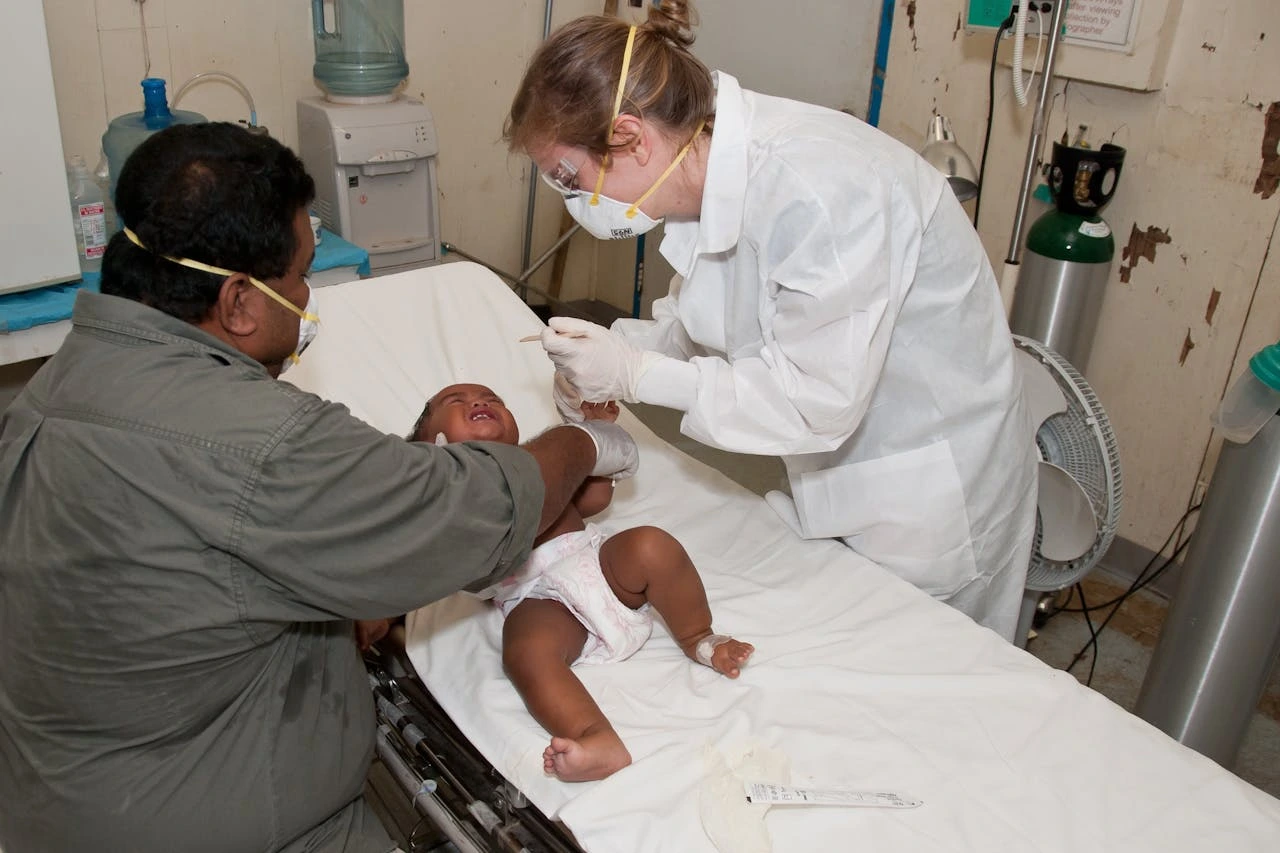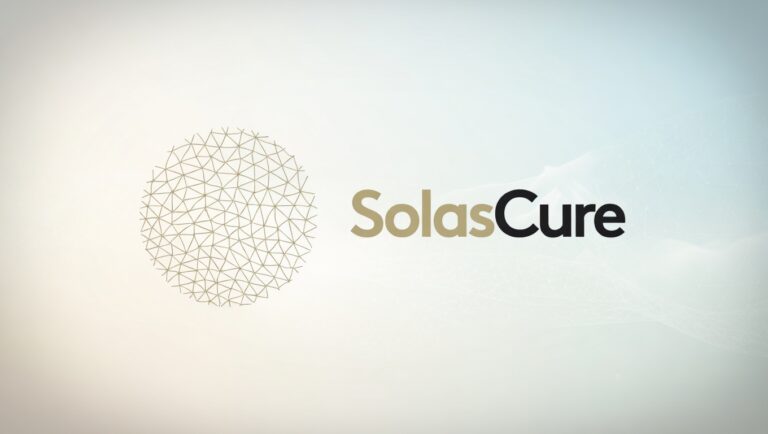
Merck (NYSE: MRK), known as MSD outside the U.S. and Canada, recently shared encouraging outcomes from its Phase 2b/3 clinical trial (MK-1654-004) of clesrovimab, a monoclonal antibody aimed at preventing respiratory syncytial virus (RSV) in infants. The findings were presented at IDWeek 2024 in Los Angeles, California, from October 16-19.
The MK-1654-004 trial, which was placebo-controlled, involved administering a single dose of clesrovimab to healthy preterm and full-term infants (birth to 1 year) during their first RSV season. It successfully met all predefined endpoints, showing consistent results at both 5 and 6 months. Adverse events (AEs) were similar between the clesrovimab and placebo groups, with no RSV-related deaths reported.
Dr. Octavio Ramilo, a study investigator, noted the significant impact RSV can have on infants, including hospitalizations. He highlighted the study’s results, which showed a marked reduction in RSV disease incidence, emphasizing clesrovimab’s potential role in alleviating the burden of RSV.
Key findings included a 60.4% reduction in RSV-associated medically attended lower respiratory infections (MALRI) compared to placebo through Day 150 (5 months). Clesrovimab also led to an 84.2% reduction in RSV-related hospitalizations and a 90.9% reduction in RSV-associated LRI hospitalizations during the same period. Severe MALRI incidence decreased by 91.7%, with a post hoc analysis showing an 88.0% reduction in more severe MALRI.
Additionally, interim results from the ongoing Phase 3 trial (MK-1654-007) were announced. This trial compares clesrovimab’s safety and efficacy against palivizumab in at-risk infants. Early results indicate a comparable safety profile, with no drug-related serious AEs reported. The incidence rates of RSV-associated MALRI and hospitalizations were similar between both treatments.
Dr. Paula Annunziato from Merck emphasized the potential of clesrovimab to reduce the significant impact of RSV on infants and healthcare systems. The goal is to make clesrovimab available for infants as early as the 2025-26 RSV season.
About MK-1654-004
The MK-1654-004 trial (NCT04767373) is a double-blind, randomized study assessing clesrovimab’s safety and efficacy in infants entering their first RSV season. The study enrolled 3,632 participants, comparing clesrovimab with placebo. Key endpoints included the incidence of RSV-related infections and hospitalizations, along with safety assessments.




